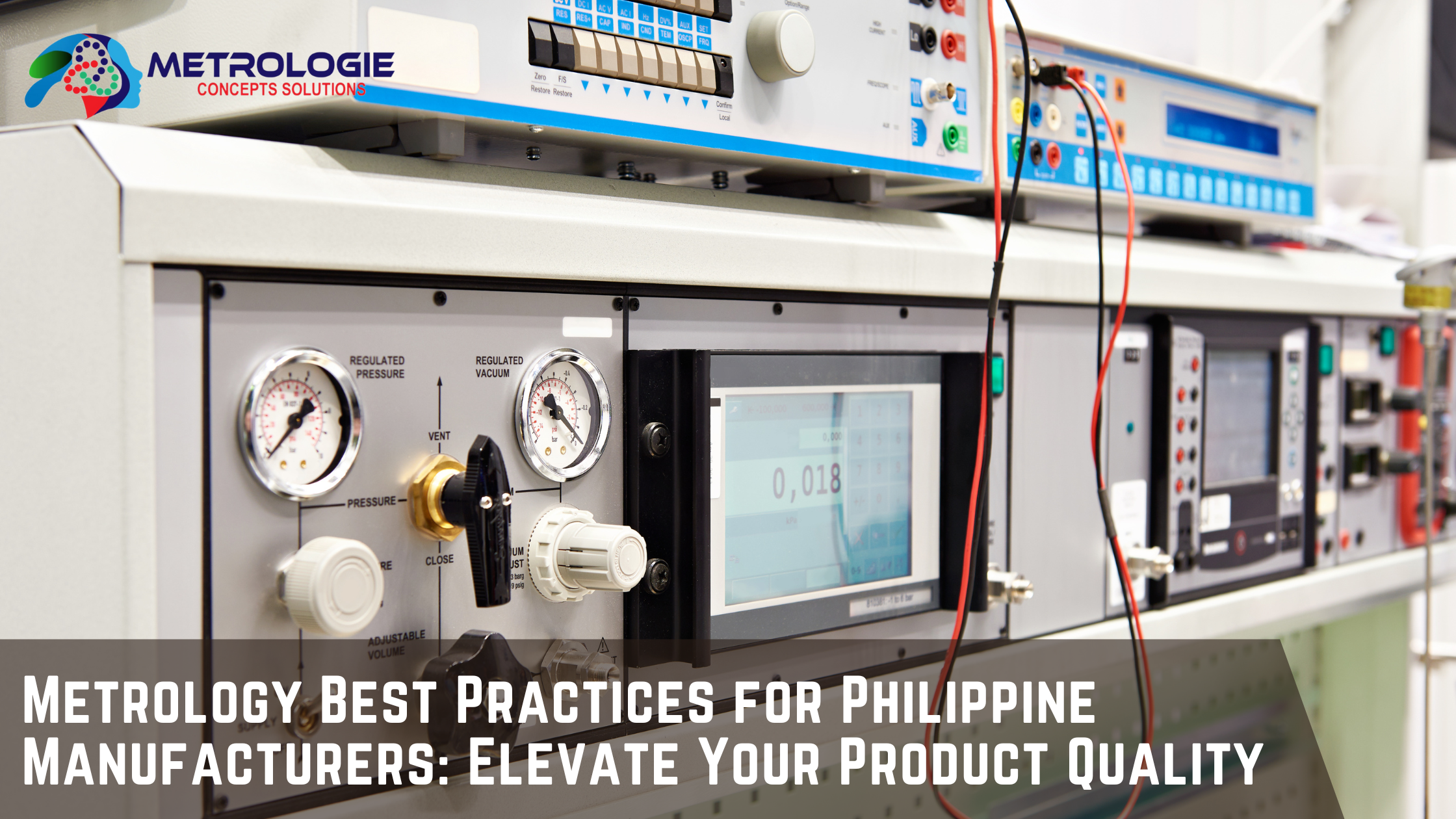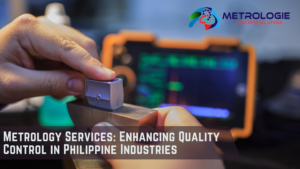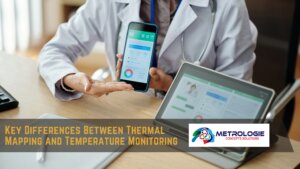Discover essential metrology best practices for Philippine manufacturers to enhance product quality through precise measurements and techniques.
Introduction
In the dynamic landscape of manufacturing, precision and quality are paramount. Philippine manufacturers, like their global counterparts, are continuously striving to improve their product quality. This article delves into metrology best practices tailored specifically for Philippine manufacturers, offering practical insights and expert advice. Let’s embark on a journey to elevate your product quality through precise measurements and metrology techniques.
Metrology Best Practices for Philippine Manufacturers
In this section, we will explore the essential best practices that Philippine manufacturers should adopt to enhance product quality.
1. Embrace Technological Advancements
- Leverage advanced metrology equipment: Invest in state-of-the-art measurement tools and instruments to ensure accuracy and consistency in your manufacturing processes.
- Incorporate 3D scanning: Implement 3D scanning technology for comprehensive dimensional analysis, reducing errors and improving product quality.
2. Calibration Excellence
- Regular calibration checks: Maintain a strict calibration schedule for all measurement devices to ensure their accuracy.
- Trained personnel: Employ skilled technicians trained in calibration procedures to avoid measurement errors.
3. Statistical Process Control (SPC)
- Implement SPC tools: Utilize statistical methods to monitor and control production processes, identifying variations and minimizing defects.
- Continuous improvement: Foster a culture of continuous improvement based on SPC data analysis.
4. Metrology Training Programs
- Employee training: Invest in metrology training programs for your staff to enhance their skills and understanding of measurement techniques.
- Certification: Encourage employees to pursue metrology certifications to stay updated with industry standards.
5. Material Traceability
- Recordkeeping: Maintain comprehensive records of raw materials, ensuring traceability for quality control.
- Supplier partnerships: Collaborate with reliable suppliers to source high-quality materials.
6. Quality Control Standards
- Adherence to ISO standards: Align your manufacturing processes with ISO quality standards for consistent quality control.
- Compliance audits: Regularly conduct internal audits to verify adherence to quality standards.
Frequently Asked Questions
What is metrology, and why is it crucial for manufacturers?
Metrology is the science of measurement. It is critical for manufacturers as precise measurements ensure product consistency, quality, and compliance with industry standards.
How can I choose the right metrology equipment for my manufacturing facility?
Select metrology equipment based on your specific measurement needs, budget, and long-term goals. Consult with metrology experts for guidance.
What are the benefits of statistical process control (SPC)?
SPC helps manufacturers identify and rectify variations in production processes, resulting in reduced defects, improved quality, and cost savings.
How can I ensure my employees are well-versed in metrology?
Invest in employee training programs, encourage certifications, and provide access to resources like workshops and seminars.
Is compliance with ISO standards necessary for Philippine manufacturers?
Yes, adhering to ISO quality standards enhances your product’s marketability, demonstrates commitment to quality, and ensures consistency.
Can you recommend reliable suppliers for quality materials in the Philippines?
Some trusted material suppliers in the Philippines include Company A, Company B, and Company C. Research their offerings and assess their track record.
Conclusion
Elevating product quality through precise measurements and metrology techniques is a strategic imperative for Philippine manufacturers. By embracing technological advancements, implementing calibration excellence, leveraging statistical process control, investing in training, ensuring material traceability, and adhering to quality standards, you can enhance product quality and gain a competitive edge in the market.
Metrology Best Practices for Philippine Manufacturers is not just a buzzword; it’s a roadmap to success in the ever-evolving manufacturing landscape. Embrace these best practices, and watch your product quality soar.




